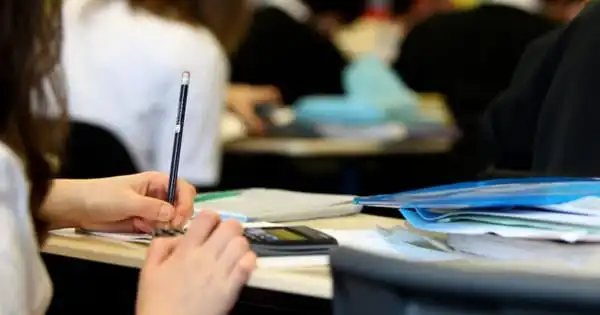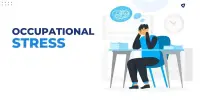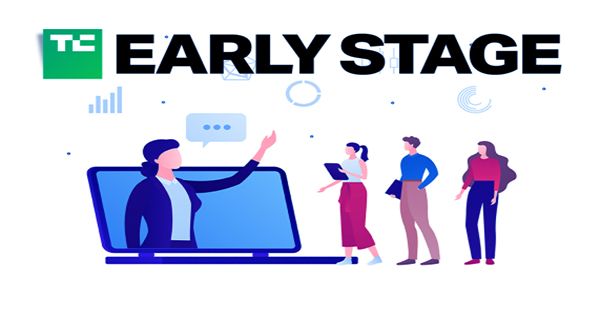According to a new study, high school pupils who struggle to pay attention in class are more likely to admit to cheating. Researchers discovered that pupils’ inattention led to hyperactivity, which in turn contributed to increased levels of cheating.
According to Eric Anderman, main author of the study and professor of educational psychology at The Ohio State University, the issue is crucial since many students with attention problems do not receive an official diagnosis, such as attention deficit hyperactivity disorder, or ADHD.
“Students with ADHD receive a lot of assistance and help in school, but many other kids with attention issues fall through the cracks,” Anderman explained. “They don’t get the aid they require to achieve well in school and avoid cheating.”
Anderman collaborated on the study alongside Terrace Metrics’ Richard Gilman, as well as Xingfeiyue Liu, a PhD student, and Seung Yon Ha, a postdoctoral scholar in education at Ohio State. Their findings were just published in the journal Psychology in the Schools.
Students with ADHD receive a lot of assistance and help in school, but many other kids with attention issues fall through the cracks. They don’t get the aid they require to achieve well in school and avoid cheating.
Eric Anderman
The researchers evaluated 855 adolescents from three public schools in the Midwest, two suburban and one rural. Data was obtained from the pupils twice, around one year apart. The students performed a standardized assessment of inattention in which they were asked to rate how much difficulty they felt they had paying attention to their teacher, how forgetful they were, whether they had a short attention span, and other similar items.
Students’ hyperactivity was assessed based on their replies to questions such as whether they had difficulty sitting quietly and whether they talked over others. Students judged how true it would be to suggest they utilized cheat sheets when taking tests, copied answers from other students, and other similar assertions to assess cheating.
According to the findings, students with higher levels of inattention reported higher levels of hyperactivity, while students with higher levels of hyperactivity reported a higher rate of cheating. Hyperactivity was not associated to increased cheating on its own.
“Inattention is the driver here, the issue that leads to problems in the classroom,” Anderman explained. “Because the student isn’t paying attention, he gets up and wanders around, which is a wonderful scenario for additional cheating.”

The study took into account a wide range of other factors that have been linked to cheating, such as depression, learning difficulties, gender, ethnicity, grade point average, and whether students qualified for special education programs – and inattention was still linked to cheating. In addition, the researchers looked at how disruptive students were in class based on reports from their classmates. This had no effect on the cheating.
“After controlling for inattentiveness and hyperactivity, we discovered that disruptiveness was not associated with cheating. That is not what motivates cheating behavior” Anderman stated. Children will sometimes plan to cheat. Cheating, on the other hand, is frequently an impulse in children with ADHD. ADHD makes it difficult for individuals to pause and consider the implications of their behavior. It also makes it difficult to resist temptation, especially when the stakes are great.
ADHD is estimated to affect 7-9 percent of students aged 17 and under. According to studies, up to three times as many students exhibit issues with concentration or hyperactivity but do not fulfill the criteria for the ADHD diagnosis or have never been examined.
That doesn’t mean they don’t need help, Anderman said.
ADHD is an issue with executive function. These children generally struggle with attention, organization, working memory, and other essential executive functions. Even if you work extremely hard, it might be difficult to keep up in school. Many ADHD children feel irritated as a result of recurrent academic losses. When people don’t see the fruits of their labor despite their best efforts, their self-esteem can suffer greatly.
“There are so many evidence-based programs that can help these individuals who have attention problems learn to self-regulate, to learn how to be a learner,” Anderman said.
“If they had access to these applications, they could learn in class without having to cheat. And these pupils aren’t learning because of attention issues that they can’t control.”
















